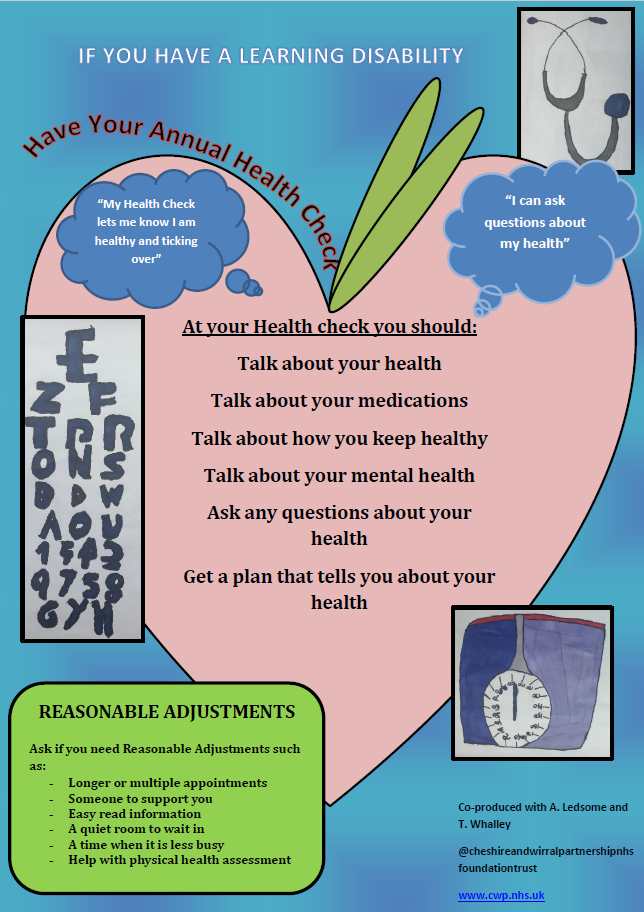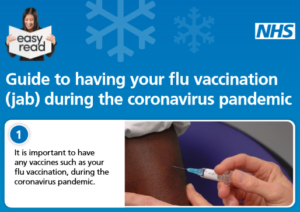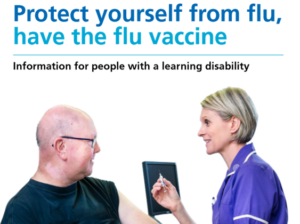NHS 111 is the NHS non-emergency number. It’s fast, easy and free. Call 111 on your phone and speak to a highly trained adviser, supported by healthcare professionals. They will ask you a series of questions to assess your symptoms and immediately direct you to the best medical care for you.
The video explains that you should call 111 if:
- You need medical help – but it’s not a 999 emergency
- You think you need to go to accident and emergency or need another NHS urgent care service
- You don’t know who to call or you don’t have a GP to call
- You need health information or reassurance about what to do next.
The NHS 111 service is staffed by trained advisors, supported by healthcare professionals. It is available 24 hours a day, 365 days a year. Calls are free from landlines and mobiles.
The video was created with the support of many self-advocacy groups, and forms part of our ongoing work to ensure that everyone has access to NHS services.
The video provides tips on what you can do, to have a good call and aims to encourage more people with a learning disability, autism or both to use the NHS 111 service. The video will also be used to train all of the NHS 111 advisors.
It will help them to better understand the needs of people with a learning disability, autism or both and make adjustments during calls to suit their needs. Find out more about the NHS 111 service by watching the video.


